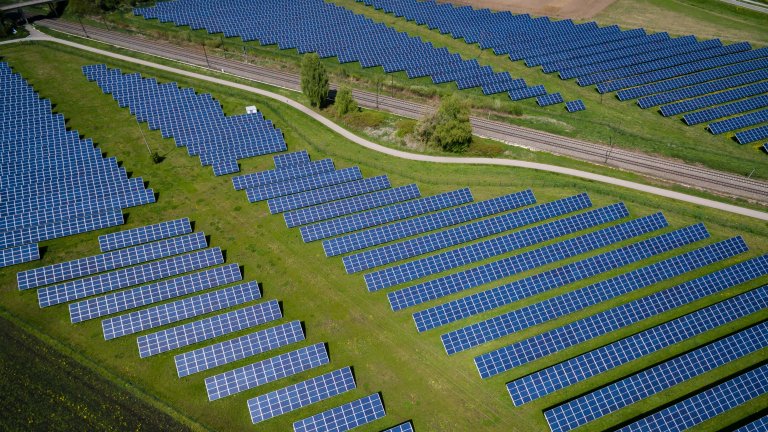
Renewable Energies
The German capital region is a pioneer for innovative energy and environmental technologies in national and European comparison. In particular, the development of new systems and processes for the use of renewable energies and their improvement serves the central goals of Berlin's Energy and Climate Protection Program 2030 and the Energy Strategy 2040 of the State of Brandenburg.
Both aim to significantly accelerate the large-scale expansion of renewable energies in order to be able to achieve the climate targets they have set themselves. The most important prerequisite for this is the increasing system integration of renewable energies with simultaneous restructuring of the existing supply system. In this context, the capital region is a leader in the development of smart grids, storage concepts and innovative solutions for synchronizing energy demand and supply.
The expansion of renewable energies is accelerated by support offers from the federal states. The Brandenburg Solar Atlas, which has been integrated into the Brandenburg Energy Portal, shows potential for the use of solar energy on roofs and open spaces in the state. In addition to data on heating requirements in the building sector and heating networks, the Brandenburg heat cadastre also provides data on statewide potential for tapping renewable heat sources that can replace fossil heat sources in the future. Berlin, on the other hand, has set itself the goal of drastically increasing the generation of solar power on rooftops in the city with its Solarcity master plan. There is an energy atlas that shows the solar potential of individual building roofs as well.

